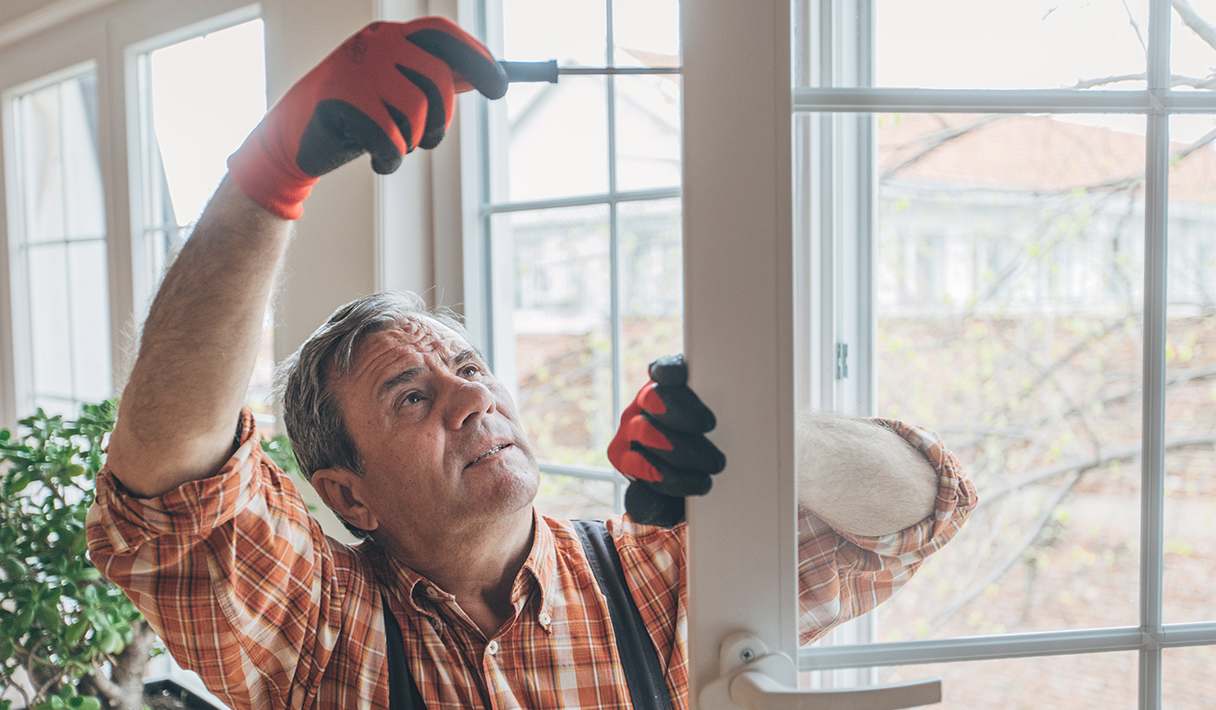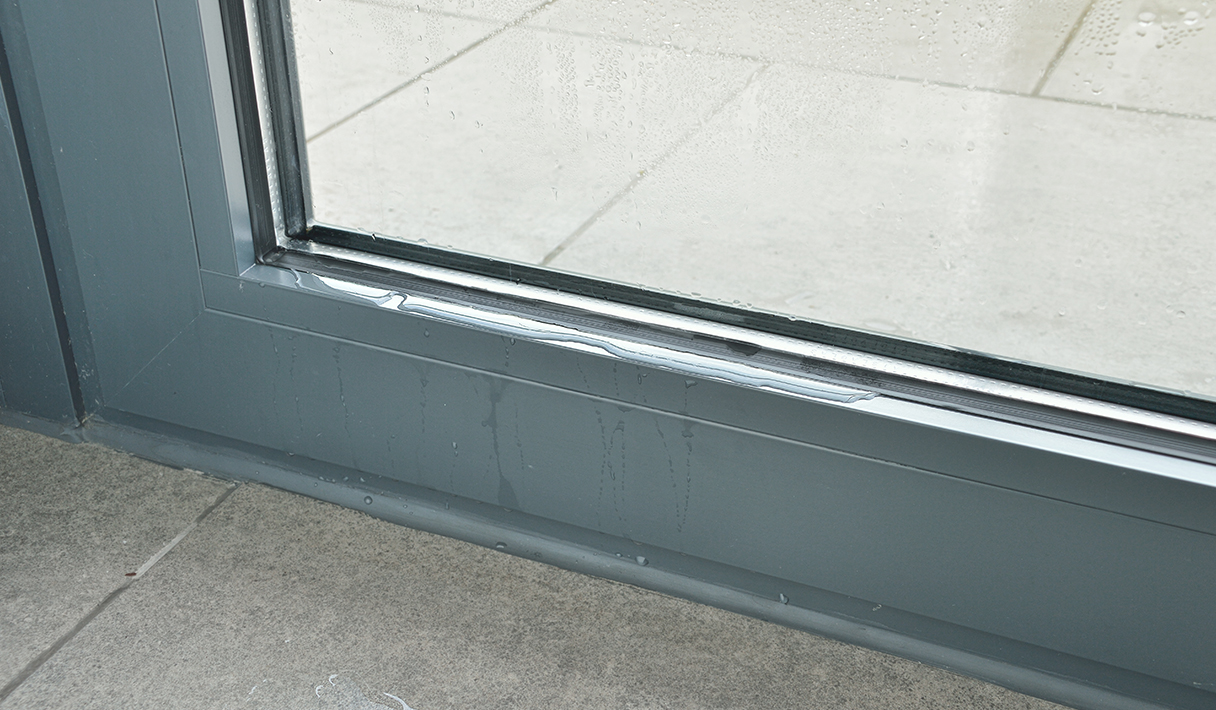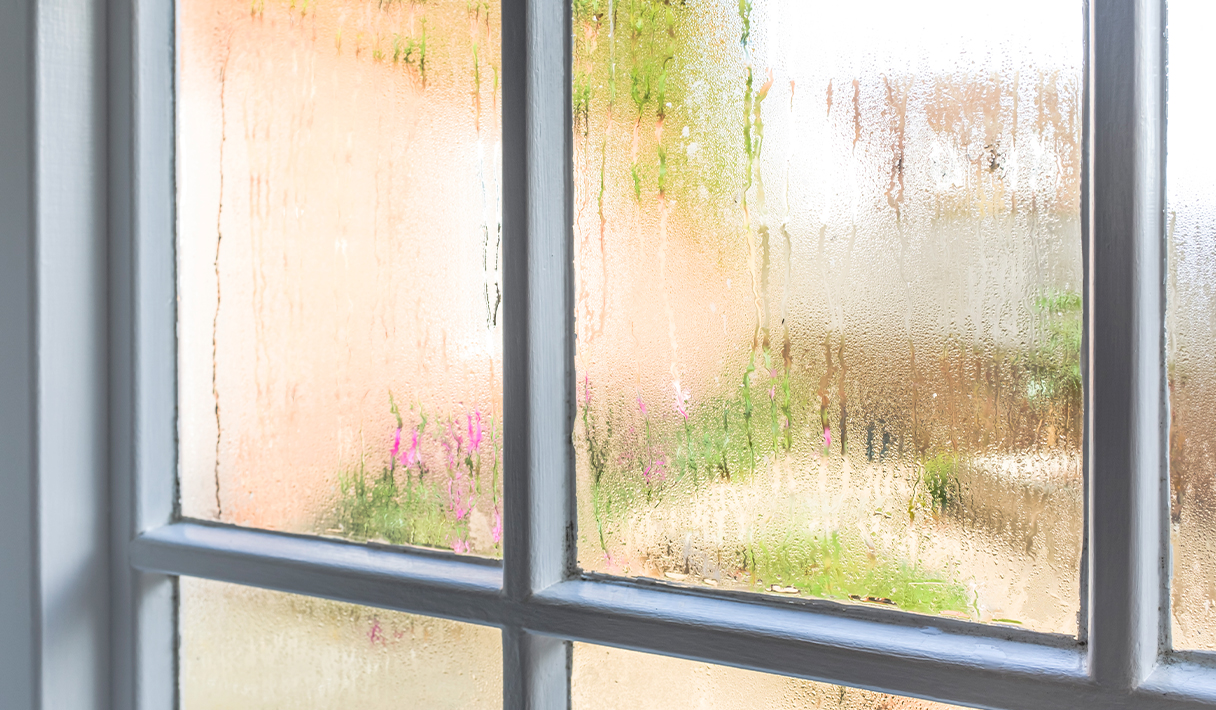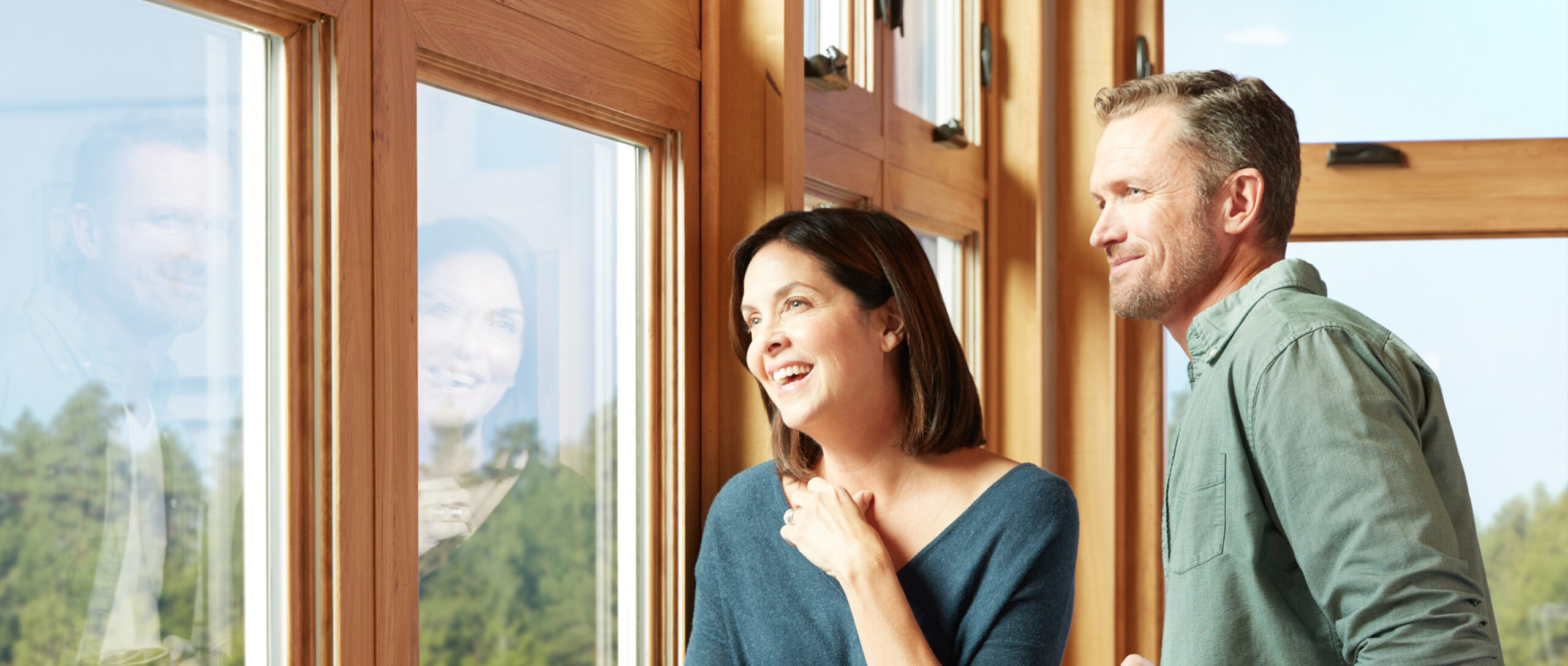-
Viewing products available in Zip Code 1010
Like many other things in your home, eventually, your windows will need to be replaced. Look for the following signs and issues to know when it’s time to consider the windows in your home.

Your windows are supposed to open and close properly for ventilation, weatherability and safety. Windows that don’t open can’t provide air circulation and can also be a safety hazard in bedrooms that require windows to open for reliable egress. Windows that won’t stay open and fall shut are often propped up, making them dangerous. If your windows aren’t operating correctly, think about replacing them.

Leaky, drafty windows and doors can indicate deterioration that will affect your home. Water damage can be expensive and may lead to mold issues. Significant drafts reduce interior comfort and increase heating and cooling bills. If you are noticing these conditions around your windows and doors, it’s time to consider new windows.

Condensation naturally occurs on windows from time to time when there is a lack of ventilation. But if condensation is between your glass panes, it indicates that your window seal may have failed. Once a sealed insulating glass unit is compromised, your window or door will not insulate properly and Argon gas placed in the glass unit will be gone—further reducing performance.

If the interior comfort of your home relies on your furnace or air conditioner running more often, this may be a sign of potential window and door trouble. There are other reasons why there may be temperature fluctuations in your home, but don’t overlook your windows as a possible cause of the problem.
According to the Department of Energy , heat gain and heat loss through windows are responsible for 25% – 30% of residential heating and cooling energy use. When your windows and doors are not insulating your home properly, it can significantly increase your energy costs and it may be time to consider a replacement.
Do you live in an area with a lot of traffic noise, or airplanes? New windows with dual pane insulating glass units reduce the level of sound infiltrating from the outside. For even more sound-reducing properties, laminated and acoustic glass drastically reduces unwanted noise from entering your home.
Do you love natural light but notice fading on your furniture and floors? New windows and doors with Low-E glass are designed to help block damaging ultraviolet (UV) light that can cause interior fading. Our standard ProSolar® Low-E glass deflects up to 72% of damaging UV light. You can also choose ProSolar® Shade Low-E glass that blocks up to 92% or laminated glass that blocks up to 99% UV light for greater fade protection.
Browse our Get Started section for additional information on planning your window and door project.
